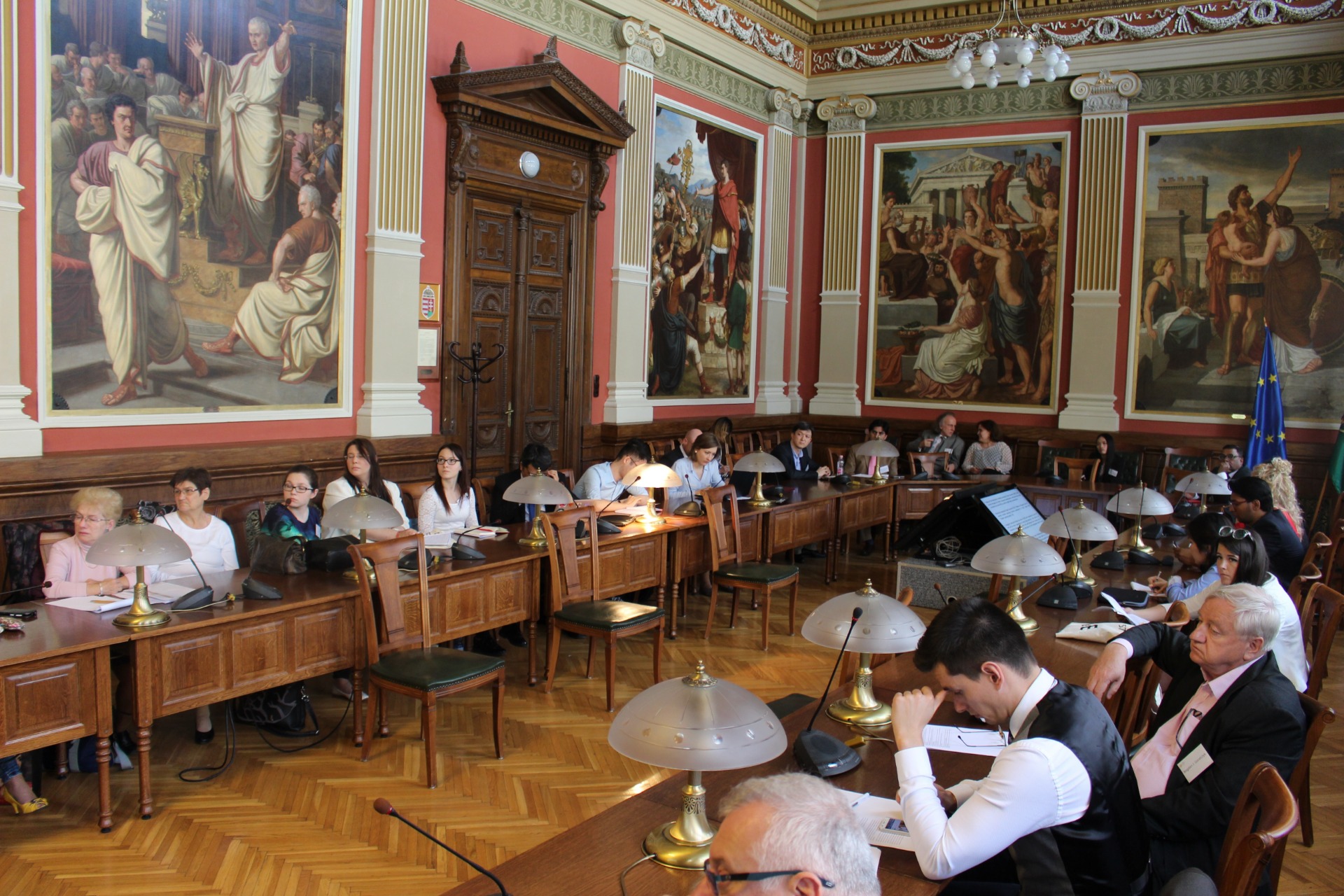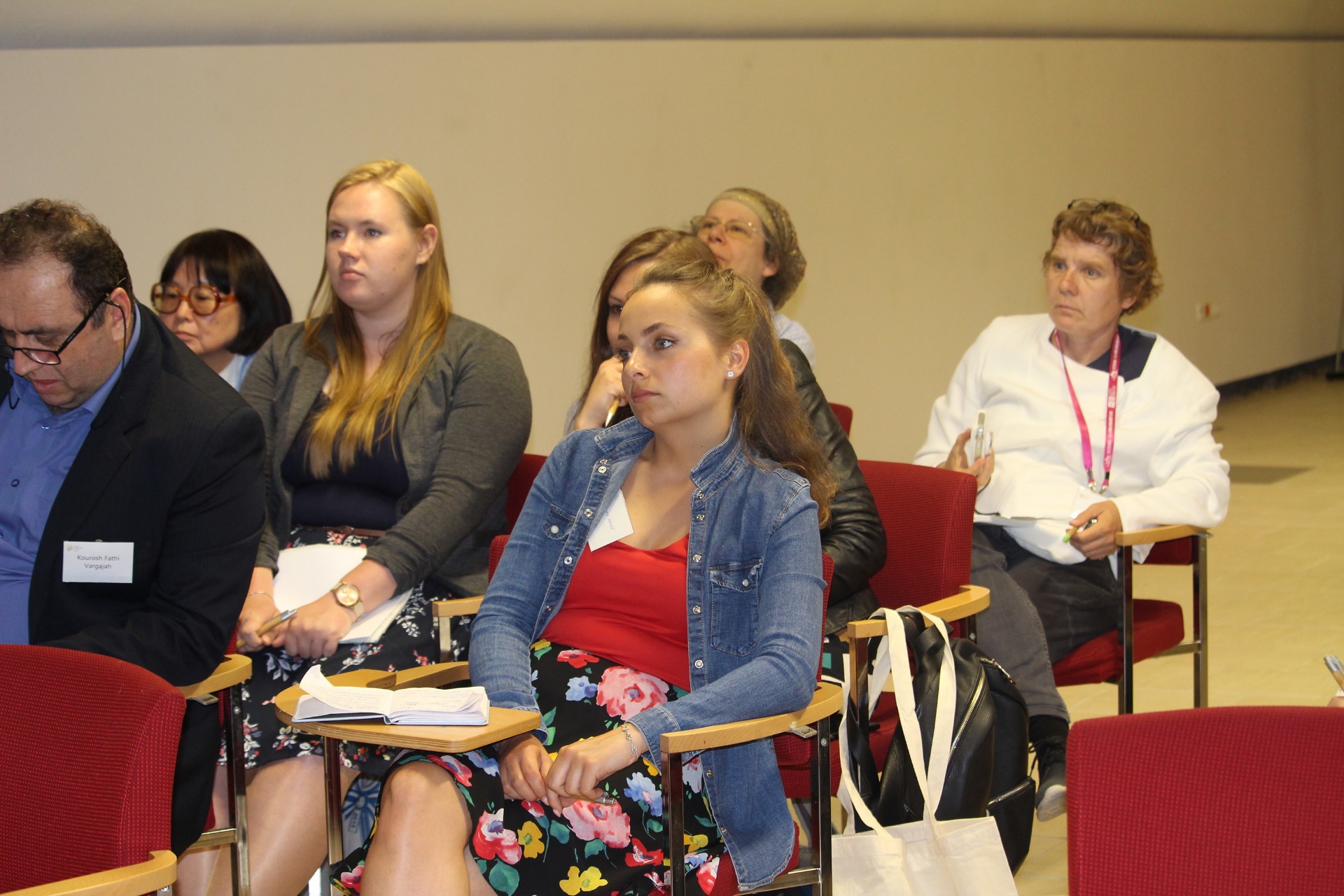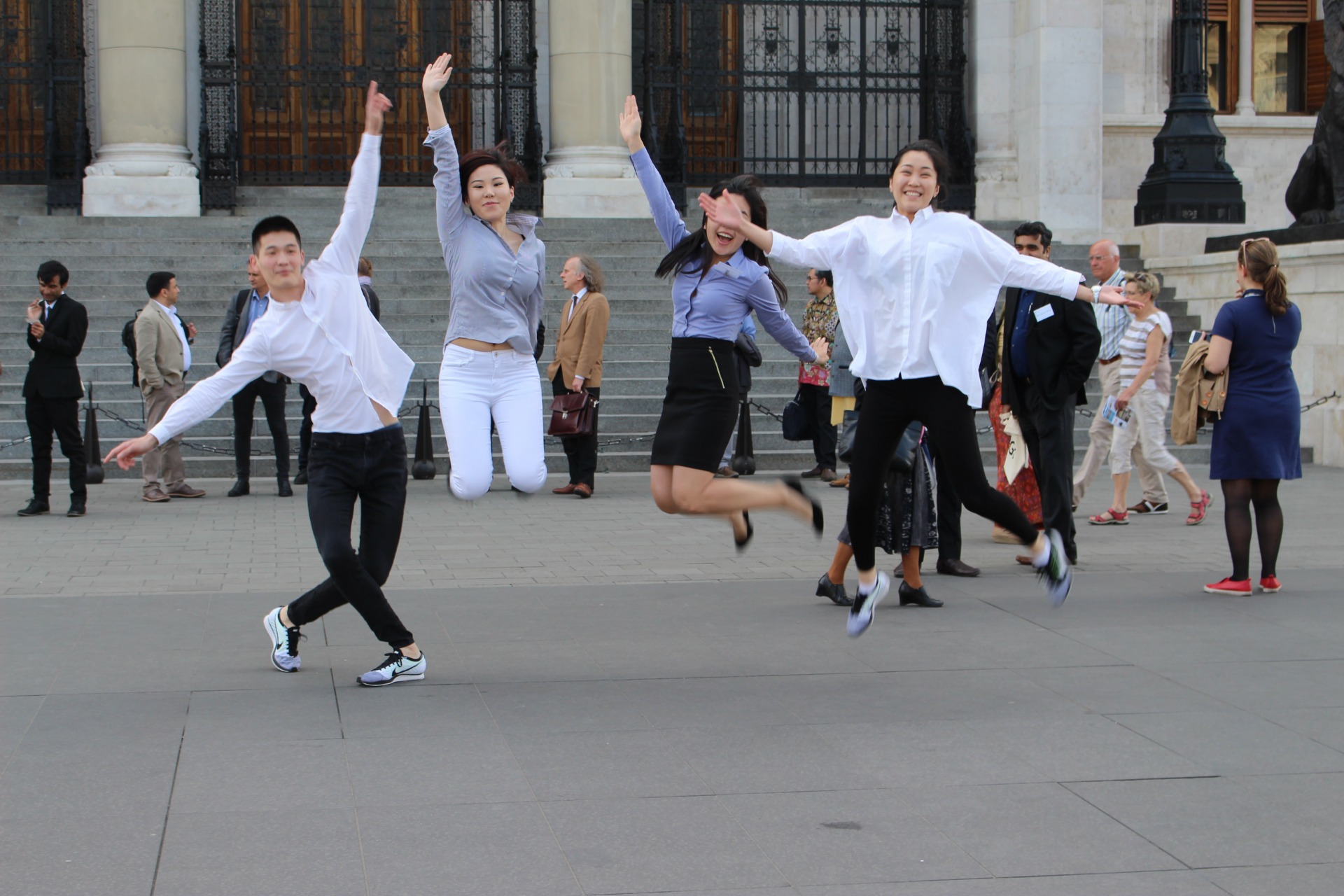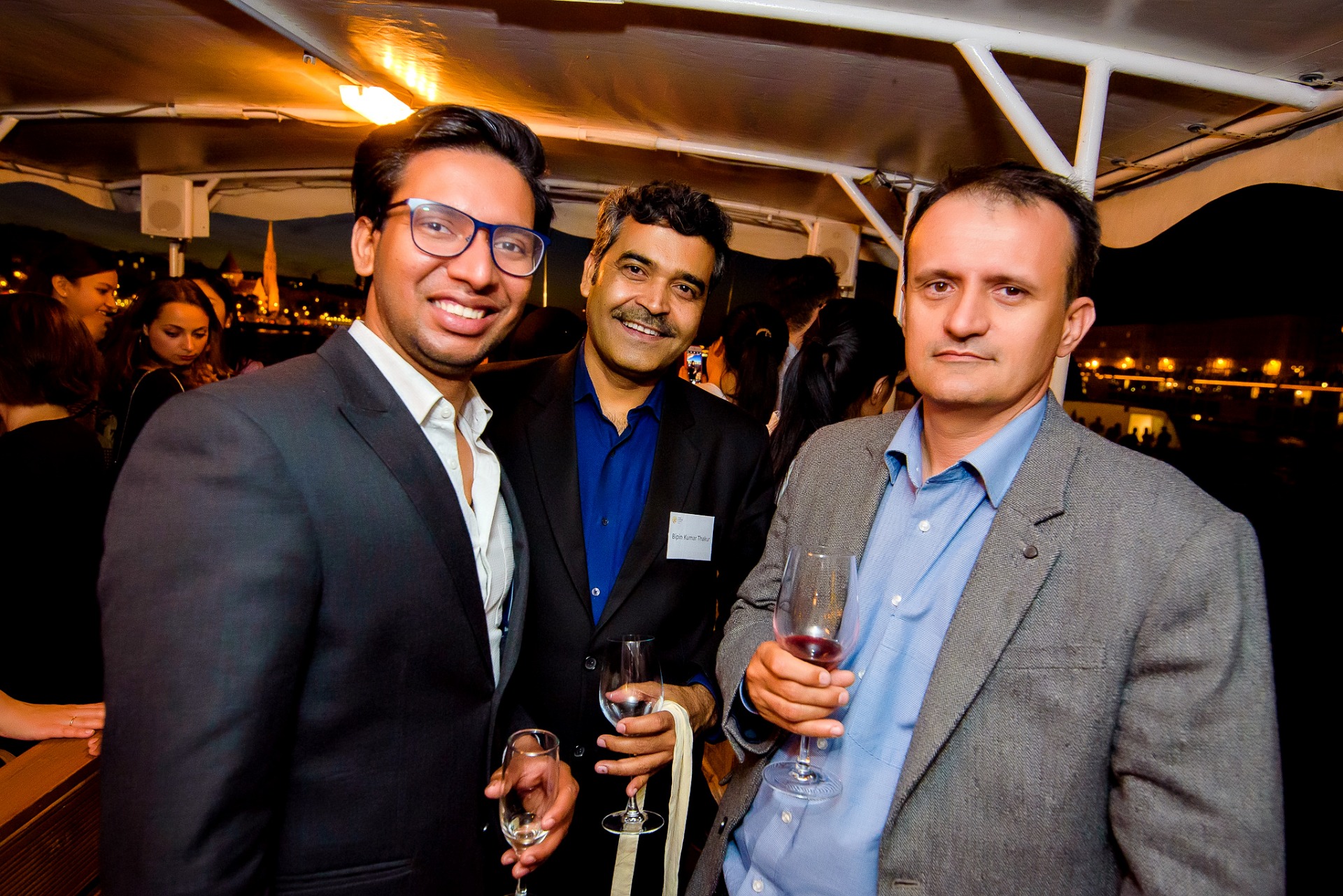OBIC Conference 2017
Topic of the conference
Most nations in the Asia-Pacific (AP) region have enjoyed a period of rapid growth over the last fifteen years; their international economic position has changed, and a number of countries have been able to reduce their dependence on international economic institutions. On the other hand, some countries in the region have entered into the post-industrial phase of development, creating new challenges. Successful economic models from the AP region began exerting significant influence on political and economic decision-making processes in other parts of the world.
That applies to the Central European region as well, which had undergone a deep political and economic restructuring. After years of transformation and robust economic growth, the economic crisis struck in 2008-2009, and small countries in Central Europe were seriously hit. Deepening domestic economic problems and discontentment with international crisis management questioned the mainstream principles of the economic models that had previously been applied. Central European governments' choice of economic and political models in the future may be influenced by the success or failure of the economic performance of advanced and emerging countries.
Not only was the 2008 economic crisis a turning point in the economic and political prospects for the European Union, but it also signaled the intensification of global economic and political restructuring in which a number of AP countries played a dominant role. The Great Economic Crisis brought about a need to diversify trade and investment relations, both in Europe and the Asia Pacific region. This need for international diversification, coupled with the evolving international economic environment, may open up new prospects for an economic exchange and knowledge-sharing between AP and CEE despite the significant geographical distance. Without nurturing unsubstantiated expectations and optimism, we may expect that the future of relations between the two regions, and the countries within them, will be promising.
Based on this background the main theme of the conference is the growing challenges that are the result of new macro and microeconomic developments, such as the industrial revolution that has recently started to transform business models. An equally important topic of the conference is the global power shift that has taken place over the last two decades that continues to reshape the global political and economic environment. The conference will promote exchanges of academic ideas and different perspectives by scholars from the Asia-Pacific region and Central Europe related to developments in the fields of political science and economics, regional studies and international relations, and intercultural perspectives. The conference intends to strengthen the bridge between the two regions and would like to contribute to a deeper mutual understanding. In addition, one of the key words of our rapidly transforming global environment is 'diversification.' This means that regions from very different geographical areas may increasingly find common interests that can be utilized and best practices that can be learnt.
Panel themes
- Asian and Central European development models revisited
- The rise of geopolitics?
- Challenges of the higher education system in a regional and global context
- Corporate financial and management challenges in changing business environments
- Doing business in a diverse social environment








































